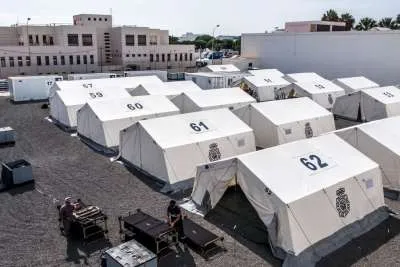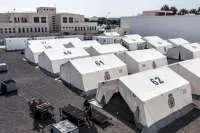Gambling regulation in Spain: a short overview
- 11-06-2025
- Business
- collaborative post
- Photo Credit: Pexels / Antonio Garcia Prats
If you were planning on starting your new gambling company in Spain, but weren’t sure what you should learn about local regulations first, we’ve got you covered. Today, we collaborated with Edward Howarth of DashTickets to summarise some of the most important local regulations and requirements.
How the Spanish government regulates gambling activities
In Spain, gambling is defined as an activity in which money or other economically measurable objects are put at risk in uncertain and future events that at least partially depend on chance, which then allows the transfer of money or objects between the participants. What that means is that if your game doesn’t include one of these three aspects: chance, pay-to-play element, or prizes, then it might not be considered gambling in Spain.
Gambling is permitted in the country, although service providers have to follow certain rules. There are two levels of regulation — federal and regional, each with its own requirements. If you want your casino to operate in the whole country, it has to have a federal licence. However, land-based gambling or online games offered at a regional level require a license from the relevant autonomous region.
Federal-level licences are valid for ten years and can be extended for another ten years, while single licences can last as little as one year or as long as five years. When it comes to the regional level, licenses can be different, but mostly they are similar to federal-level ones in terms of longevity.

Photo by Alexander Pasaric / Pexels
The application cost for a federal-level licence is around 10,000 euros, however, you would also have to pay around 2,500 euros for the inscription in the General Registry of Gaming Licenses. You are also required to pay a one-off fee of around 40,000 euros for the homologation of the licences.
Any games that aren’t regulated by the local laws are not permitted. However, as of today, the Spanish gambling regulations cover multiple activities and games, from sports betting to popular casino games. It is worth noting that autonomous regions may have their own variations of approved games, but the ones we’ve mentioned are generally allowed in all regions. The situation changes when it comes to lotteries, however. A few local charitable organisations maintain a monopoly on organising them, meaning that you won’t be allowed to create a new one for commercial purposes.
Similar to the U.S., Australian, and New Zealand gambling regulation practices, the Spanish government also places a huge emphasis on ensuring responsible gambling standards. In practice, that means that service providers must provide clear and accurate information to players, have a functioning customer support hotline, ensure player identification, and never loan anything to players. A service provider also has to ensure certain daily, weekly, and monthly deposit limits and meet the specific requirements for slot games.
Penalties for unlawful gambling can be quite severe, consisting of fines between 1 and 50 million euros as well as licence revocation, disqualification from carrying out gambling activities for four years, or closure of the media that provided the services.
Gamble Responsibly: Gambling should be enjoyed as a form of entertainment, not a way to earn money. Always gamble within your financial means and set limits to stay in control. You must be 18 or older to participate in gambling activities. If you or someone you know has a gambling problem, seek help from organisations like FEJAR (Federación Española de Jugadores de Azar Rehabilitados) at www.fejar.org. Stay safe and gamble responsibly.
Other articles that may interest you...
Trending
Most Read Articles
Featured Videos
TributoFest: Michael Buble promo 14.02.2026
- 30-01-2026
TEAs 2025 Highlights
- 17-11-2025































































